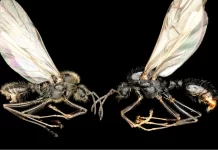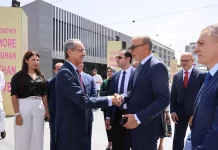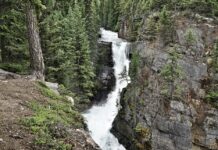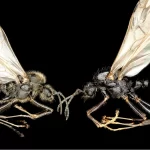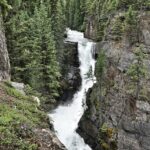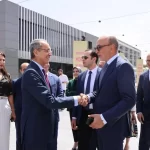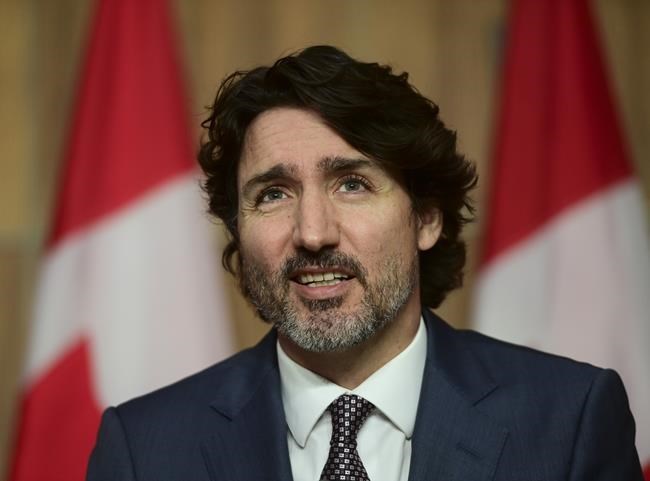
Maybe it was a slip of the tongue but when Justin Trudeau called Canada “one of the very best countries in the world”, he may inadvertently have revealed that on the eve of the nation’s birthday, the country’s political leader thinks there are better places in the world to live and raise a family.
The prime minister was being asked about the discovery of human remains in unmarked graves at former residential school sites, and the prospect of criminal prosecutions.
Every politician dealing with this story is required to tread lightly, given the raw anger and pain people are living through. This is not ancient history and the inter-generational impacts are being felt today.
All political leaders acknowledge the injustices of the residential school system – a point of agreement across the aisle in the House of Commons since Stephen Harper apologized on behalf of Canada in 2008.
Conservative leader Erin O’Toole called the recent news a “necessary awakening that brutally forced us to confront our past”. But his emphasis was that the road to reconciliation does not involve “tearing Canada down”. In a speech last week, he said Canada is not perfect but no country is.
Canada Day is “our day of celebration when Canadians of every background come together to give thanks for living in the greatest country in the world,” he said.
Trudeau put much more weight on the need to take a hard look at the “institutional intolerance, discrimination and racism” that he said continues to challenge Indigenous and racialized Canadians.
He has called for the national flag on the Peace Tower to fly at half-mast on Canada Day to honour the Indigenous children who died in residential schools.
And he said Canada Day offers the chance to have conversations with friends, neighbours and family about what each person can do to shift their behaviour. “We need to pledge ourselves every single day to do better,” he said.
Trudeau said he received a text from his son, Xavier, asking if the federal government plans to cancel Canada Day celebrations, in the wake of similar commitments by municipal governments in Fredericton, Victoria and Saint John.
“I told him, yes we will celebrate the great things but we will mostly reflect on what we will have to as individuals to be better.”
Both party leaders acknowledge the pain being felt across the country. Both talk the language of justice and reconciliation. But Trudeau sees the oppression as ongoing, a stain for which all Canadians bear what he called “collective responsibility.”
That is not how many Canadians see things. In a recent Angus Reid Institute poll, only 34 per cent agreed Canada is a racist country. Many Canadians, particularly the one in five citizens who were not born in this country, do not accept “shared responsibility” for the residential schools and their legacy.
When voters get angry, the imperative of any governing party is to make sure that people do not get angry with them. Trudeau has ably deflected the vitriol toward the Catholic Church. On Wednesday, he welcomed the news that Indigenous leaders will head to the Vatican in December to meet Pope Francis to discuss the role of the church in the residential school system.
He said the Church is in the midst of serious reflection on how is responds to Catholics “like me” who want it to “step up and recognize its role and responsibility.”


